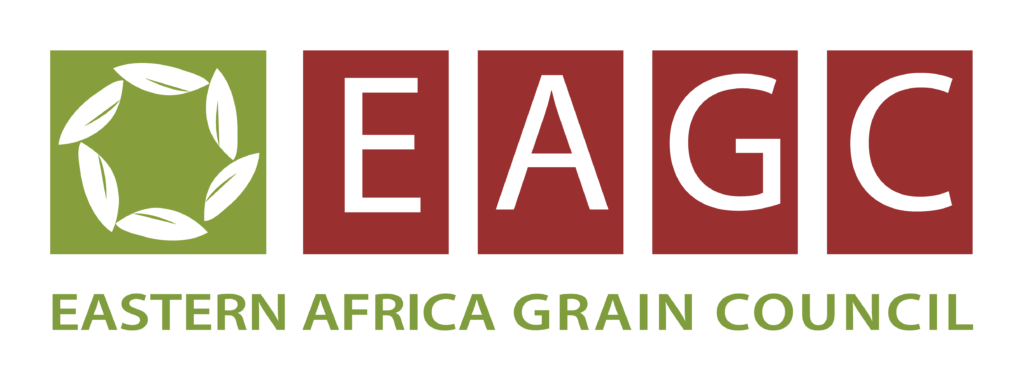In January, the State Department for Trade in Kenya hosted a three-day inception workshop for the COMESA Mutual Recognition Agreement at Nairobi Safari Club. The workshop aimed to validate the import-export process mapping for key commodities such as Sorghum, Maize, and Beans, laying the groundwork for streamlined trade procedures through reduced logistical barriers.
Attended by representatives from public and private sector organizations, the workshop comes following the established of National Technical Working Group (NTWG) by Kenya, a collaborative body driving the implementation of the project. Comprising stakeholders from key ministries, departments, agencies, and value chain actors, the working group shapes the direction and outcomes of the initiative and oversees the adoption of Mutual Recognition Framework (MRF) Pillars and Standards Operating Procedures (SOPs).
In May 2023, following the signing of the stipulated COMESA agreement, the collaboration between COMESA and the Alliance for a Green Revolution in Africa (AGRA), supported by the Foreign, Commonwealth and Development Office (FCDO, UK), initiated a project to enhance regional agricultural commodity trade. The focus was on establishing Mutual Recognition Agreements (MRA) among trading partner Member States including Kenya, Uganda, Rwanda, Malawi, Zambia, and Zimbabwe.
Through alignment and standardization of procedures, the Working Group has laid the groundwork for an efficient and transparent trading environment, facilitating smoother interactions between member states and reducing market access barriers. This concerted effort has yielded tangible results, with significant strides made towards streamlining trade procedures and enhancing cross-border cooperation.
A notable outcome of the workshop was the drafting of a Mutual Recognition Agreement (MRA) between Kenya and Uganda. This agreement underscores the commitment of member states to facilitate trade through mutual recognition of conformity assessment processes, promising new opportunities for farmers, traders, and consumers, thereby fostering economic growth across borders.
Looking ahead, the Working Group has outlined a clear roadmap for the project, including the submission of regulations and administrative procedures to the COMESA Secretariat, aimed at addressing challenges related to inspection, sampling, grading, testing, and certification of agricultural commodities at border points. Additionally, the working group has committed to regular quarterly meetings to review progress and address emerging issues, ensuring sustained momentum for this transformative initiative.
As the project continues, it promises not only to facilitate trade but also to foster deeper regional integration and cooperation. By harnessing agriculture’s potential as a catalyst for economic development, COMESA member states are paving the way towards a more prosperous and interconnected future, where the benefits of trade are shared equitably across borders.

